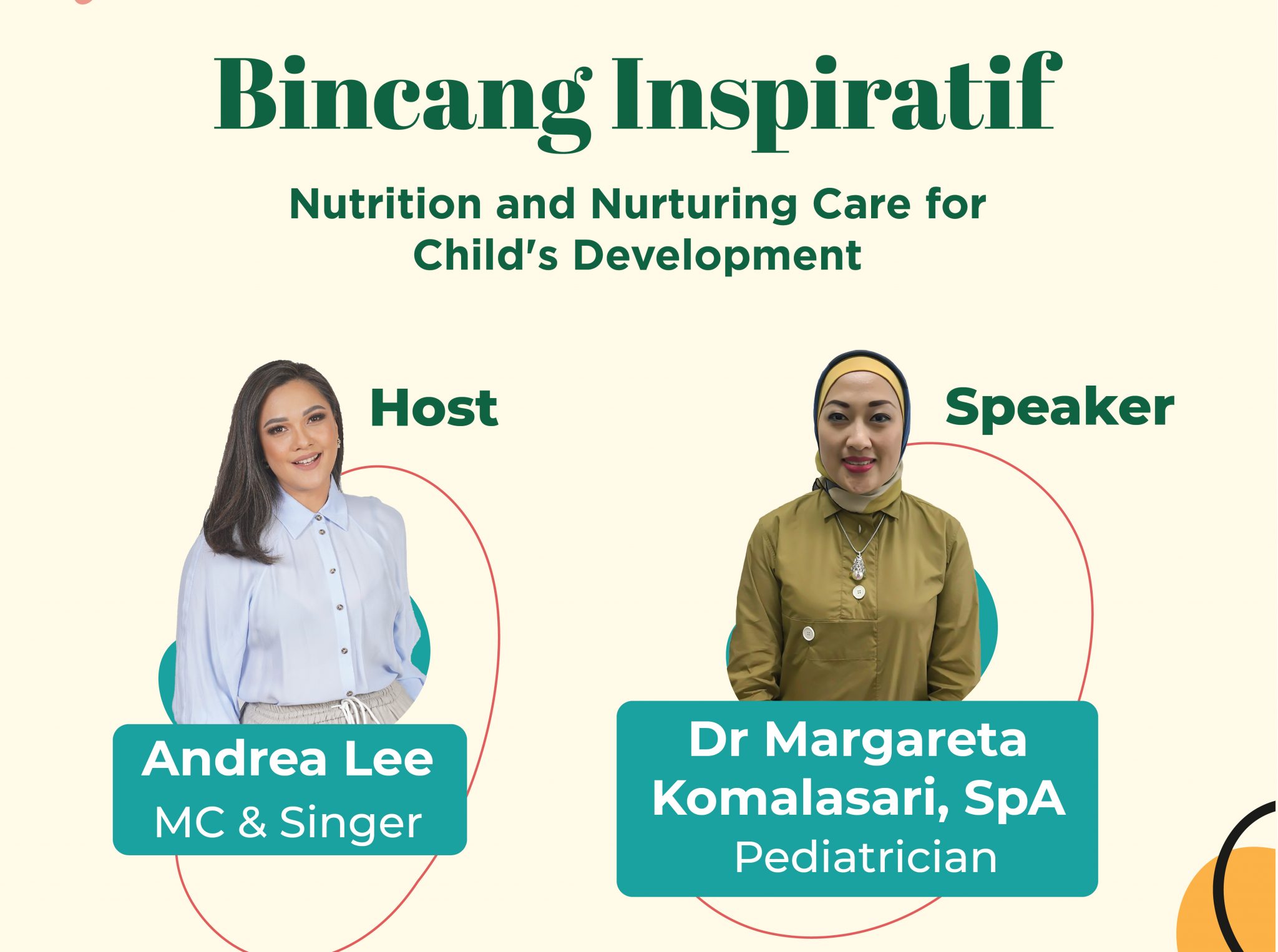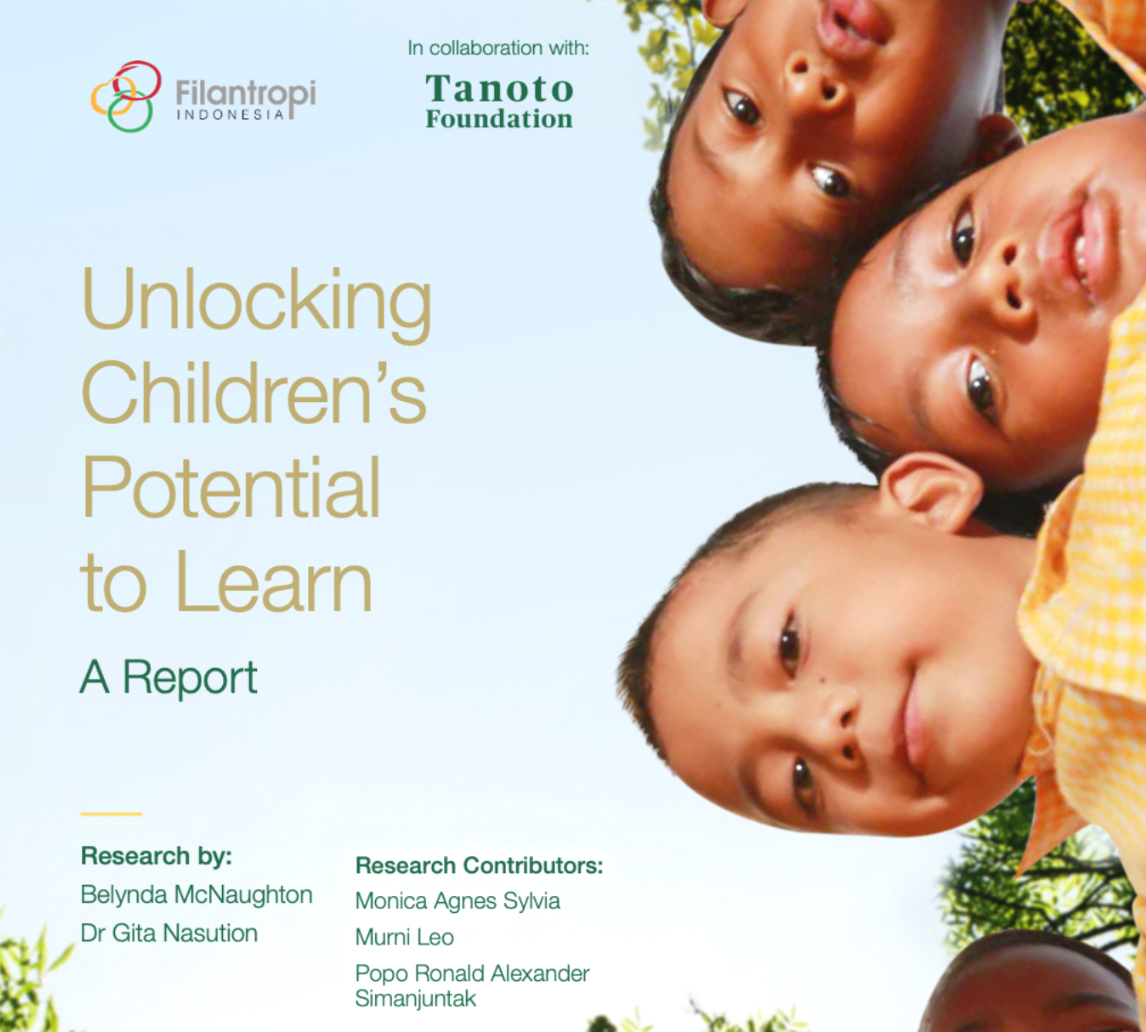Unlocking Potential is back with a new episode discussing the role of families in stunting prevention in Indonesia. This podcast is hosted by Global CEO Tanoto Foundation, Dr J. Satrijo Tanudjojo and Dr Hasto Wardoyo SPOG, Head of the National Population and Family Planning Agency (BKKBN).
In 2018, 37.2% of Indonesian children are stunted. Notwithstanding WHO’s (World Health Organization) stunting target of below 20%, Indonesia President Joko Widodo has instructed to push the nation’s stunting prevalence even farther to 14%. BKKBN has adopted this target and spared no expense to achieving it.
This episode covers the following topics:
- Why is stunting important to identify?
- Prevent stunting with the right knowledge
- The role of all parties, especially families, to prevent stunting
- The impact of stunting on a wider scope
Why Stunting is Important to Identify?
Dr Hasto Wardoyo said, “Stunting is not inherited, but related to how a baby is nurtured by their family.”
Children who are stunted are at risk of facing a lower quality of life, which impacts their families and communities. It is therefore necessary to implement early mitigation efforts to safeguard against the longer-term and broader impact of stunting. This would then place the next generation in a better position to realise their fullest potential.
Prevent Stunting with the Right Knowledge
Dr Hasto Wardoyo explained that stunting factors include poor nutrition, environmental hygiene, and family parenting culture and behavior.
Dr J. Satrijo Tanudjojo gave an example of children living in environments with easy access to fish, but parents have instead opted to provide food lacking in nutrition. Educating parents on good nutrition and clean environments for children is critical.
The Role of All Parties, Especially Families to Prevent Stunting
Dr Satrijo and Dr Hasto agreed that while multi-stakeholder collaboration is required to make stunting prevention a success in Indonesia, families can make an important contribution by applying best practices and interventions as early as possible. Given the long-term nature of development, such decisions can be discussed and reached as early as even before marriage.
Education applies to both mothers and fathers, as they embark on a long journey of nurture and support. Furthermore, families also have to readily recognized the importance of proper access to healthcare facilities and antenatal nutrition.
Stunting’s Impact on a Wider Scope
Stunting impacts the future of the nation. A high stunting rate may result in declining competitiveness, which will have adverse economic impact. It is therefore critical that like-minded stakeholders, including Tanoto Foundation, come together to fight stunting. These include not only government organisations, research institutions, the private sector and philanthropies, but also the media and families – all have a role to play.





